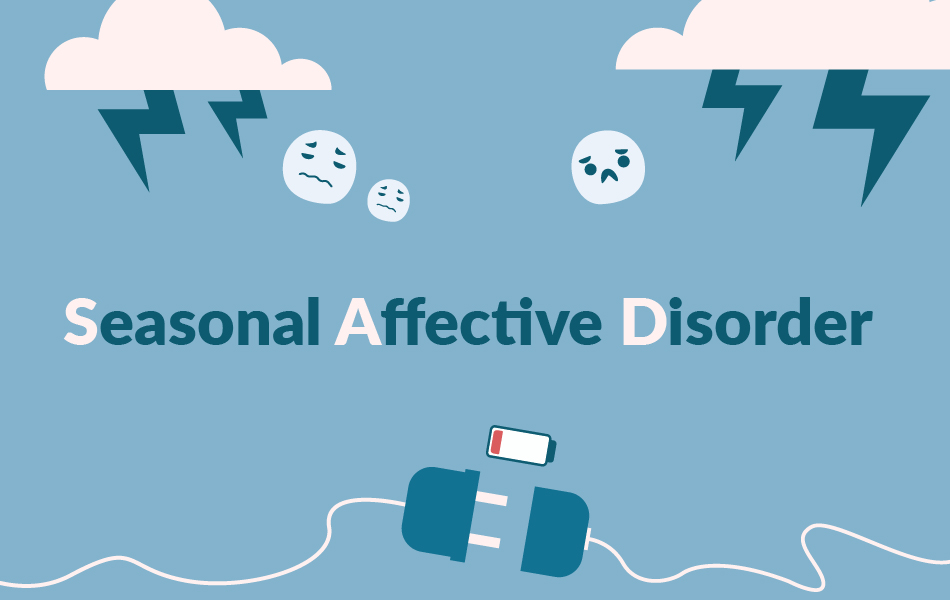
The Mental Health of a Sexual Assault Survivor
September 30, 2019
Social Anxiety Disorder
October 28, 2019In the past, a child having an imaginary friend would have been cause for concern.
Many a parent has sought help to rid their child of this ‘problem’, convinced that it was a bad thing that indicated a deeper issue with their child’s mental state. However, research now suggests that the opposite is true. There is nothing wrong with having an imaginary friend. In fact, there are times when it can even benefit your child.
Imaginary friends have been shown to help boost confidence and even improve problem solving in young children. It’s a relatively common conjuring that children use to help them learn how to navigate the world they’re growing up in.
When imaginary friends are not what they seem
Dissociative Identity Disorder (DID), or multiple personality disorder as it was previously known, is classified as a mental health condition where at least two distinctive personalities exist. Usually a response to trauma, DID is a way for an individual to keep painful memories repressed.
It’s important to remember that it’s not the same as schizophrenia – hallucinations involve false visions, delusions refer to false beliefs. But dissociation is a kind of splitting from reality, where a different reality is created. This can show up in different ways, for instance, changes in appearance, tone of voice, and behaviour.
In relation to children, when they speak of their imaginary friends, the ‘friend’ is always a person separate to themselves. They can interact and speak with this person. However, when a child names someone that needs to take control of their body in order to speak or do things, then we’re nearing the realm of dissociation.
This other personality is no longer separate from the child, but rather sharing the space they’re in. Early signs you may be dealing with a dealing with a mental health condition that could later develop into DID in adulthood include your child expressing having to ‘leave’ so that their friend can show up. This friend will speak with their mouth, but the voice might be different. Also, the attitude and behaviour of this friend is likely to contrast greatly with the usual personality of your child.
Getting help
There are different types of dissociative disorders, but the range of symptoms related to DID will include:
- Loss of memory: time periods, an event, personal info, people
- Feeling detached from yourself
- Seeing the world around you as distorted or unreal
- A fuzzy sense of your own identity
- Stress in interpersonal and work relationships
- Struggling to manage everyday stress, both emotional and professional
- Depression and anxiety
A person with DID is likely to feel as if there are other people (alternate personalities) living in their head. Each personality will have their own unique identity, with a name, gender, quirks and mannerisms, and even their own history as well.
Living in this way can be overwhelmingly traumatic for the individual and their loved ones. That is why it’s so important to seek treatment as soon as possible. If you know someone whose behaviour raises red flags related to Dissociative Identity Disorder, please don’t hesitate to contact us for more information about the treatment process.




